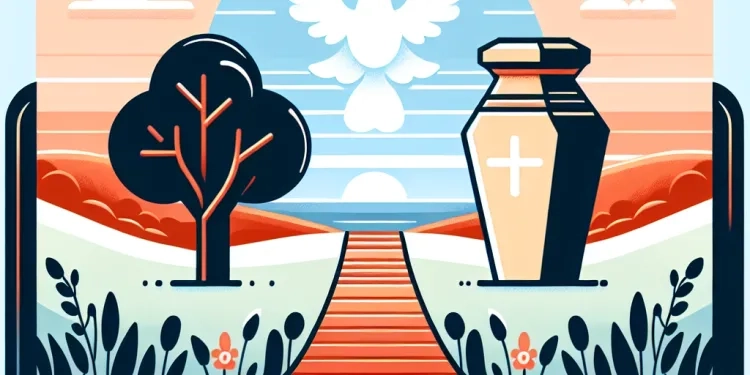
Find Help
More Items From Ergsy search
-
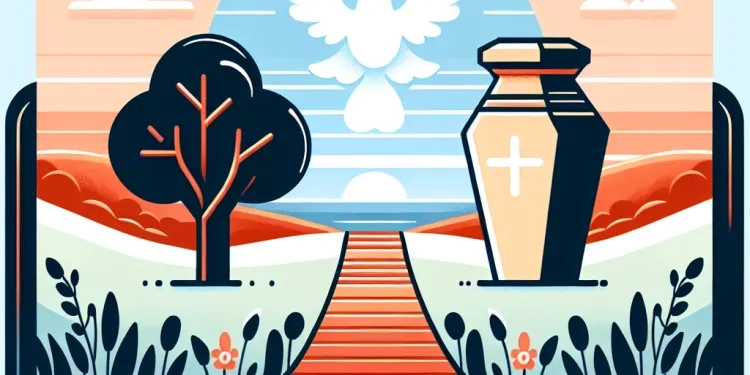
What is direct cremation and how much does it cost in the UK?
Relevance: 100%
-
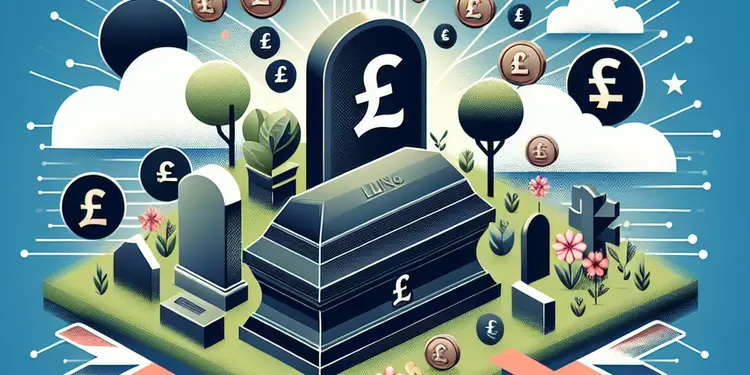
What is cremation?
Relevance: 68%
-
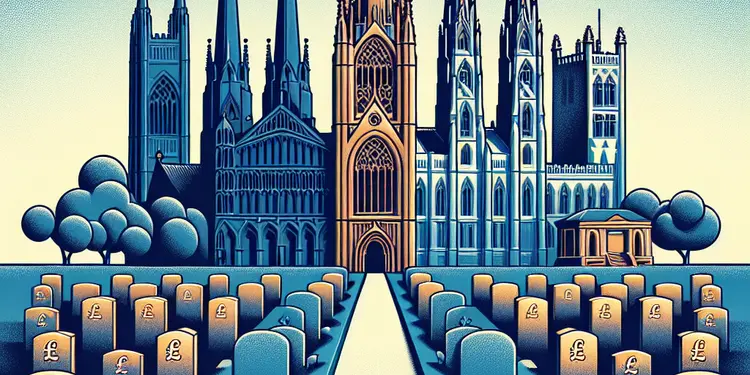
Is cremation more affordable than burial in the UK?
Relevance: 62%
-
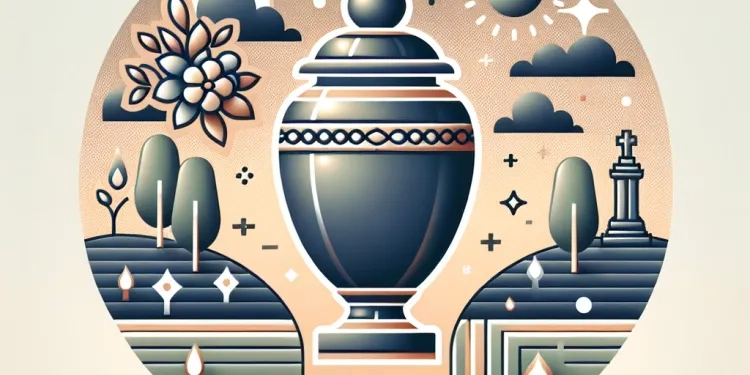
Cremation and Ash Interment
Relevance: 55%
-
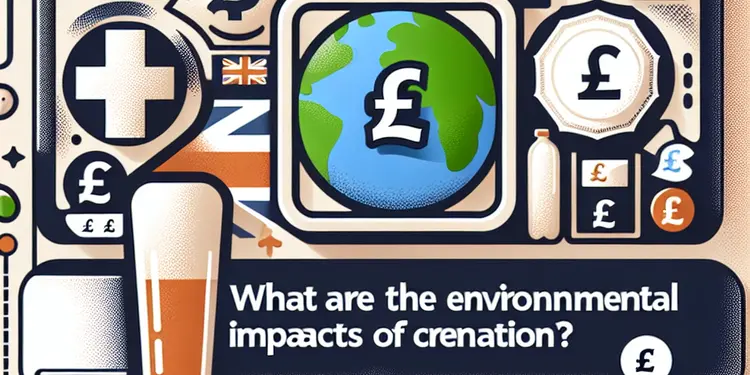
What are the environmental impacts of cremation?
Relevance: 53%
-
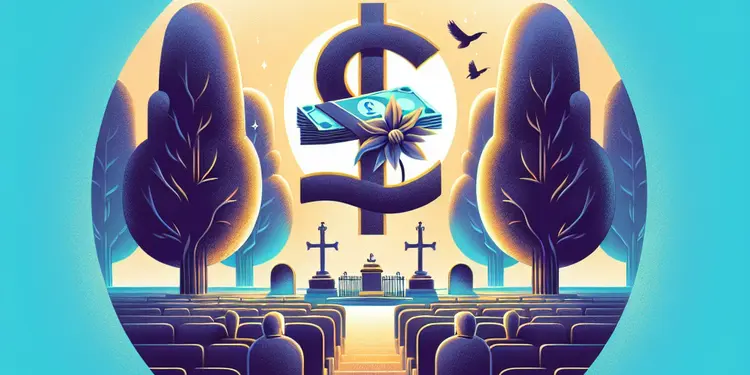
How much does a funeral typically cost in the UK?
Relevance: 53%
-
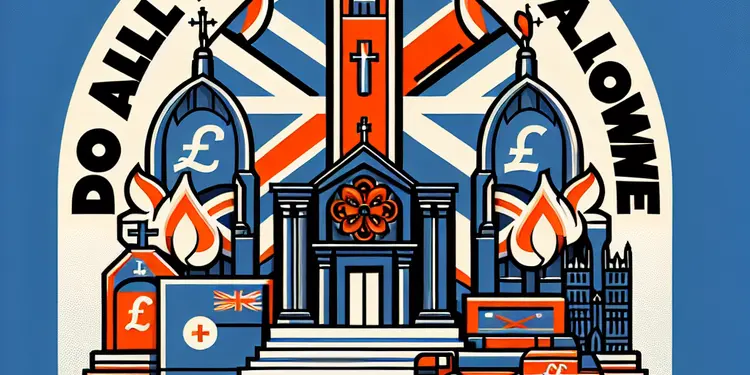
Do all religions allow cremation?
Relevance: 52%
-
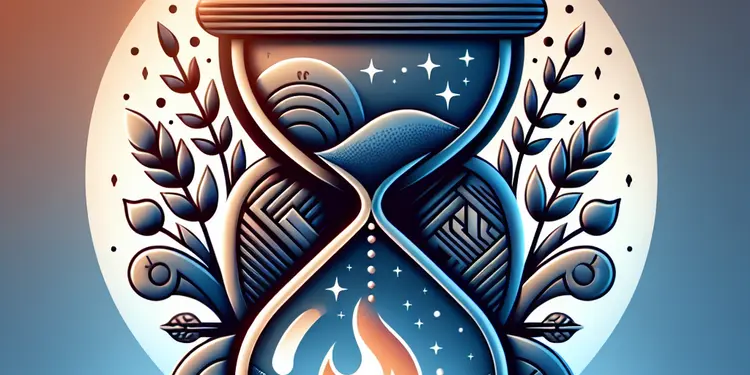
How long does the cremation process take?
Relevance: 51%
-
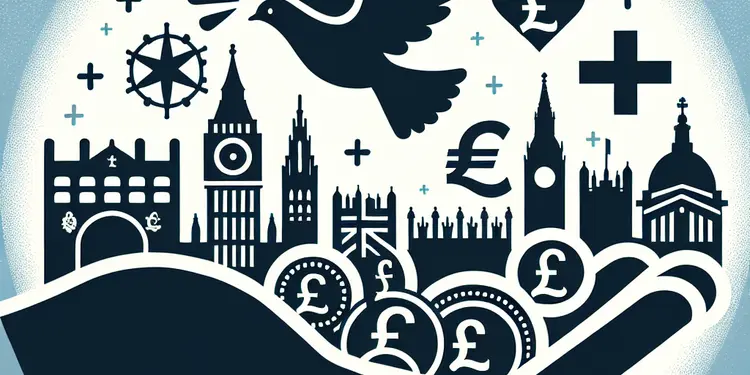
What support is available for funeral costs in the UK?
Relevance: 50%
-

What is the average cost of a funeral in the UK?
Relevance: 49%
-
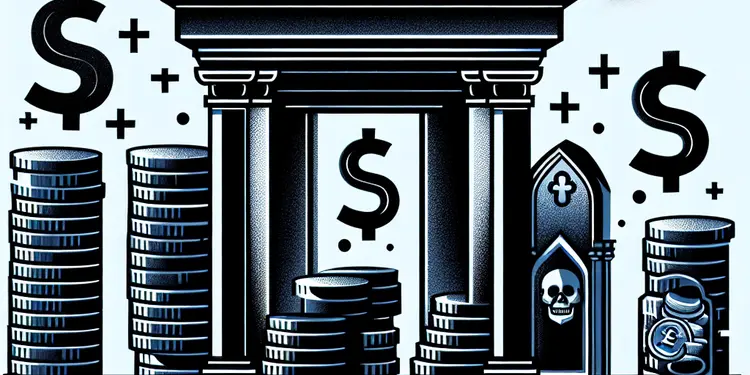
How soon after the funeral can the cremation take place?
Relevance: 49%
-

What costs are usually associated with a funeral?
Relevance: 49%
-

Can you personalise a cremation urn?
Relevance: 47%
-
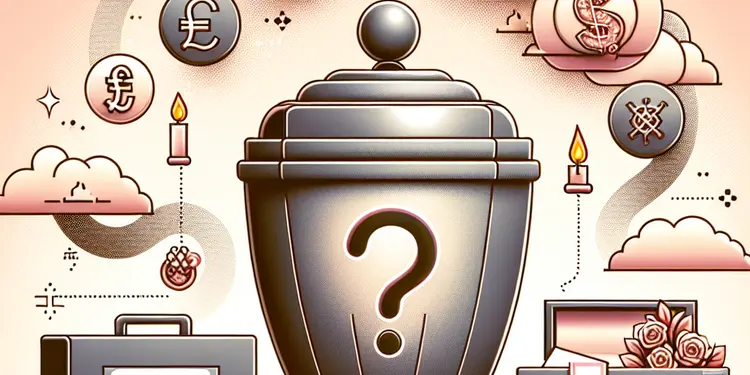
What should be done with remaining jewellery during cremation?
Relevance: 46%
-
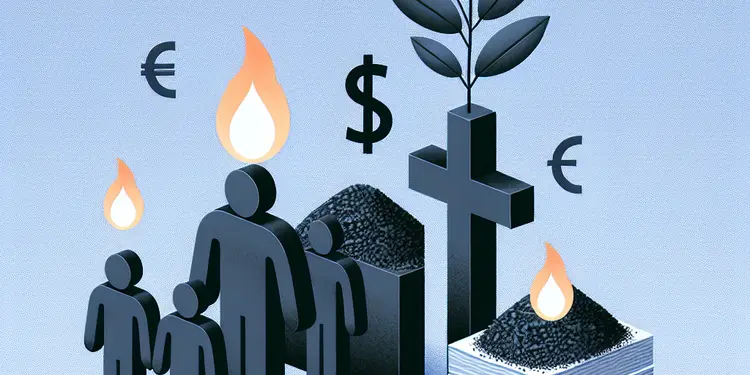
Can cremation ashes be divided among family members?
Relevance: 45%
-
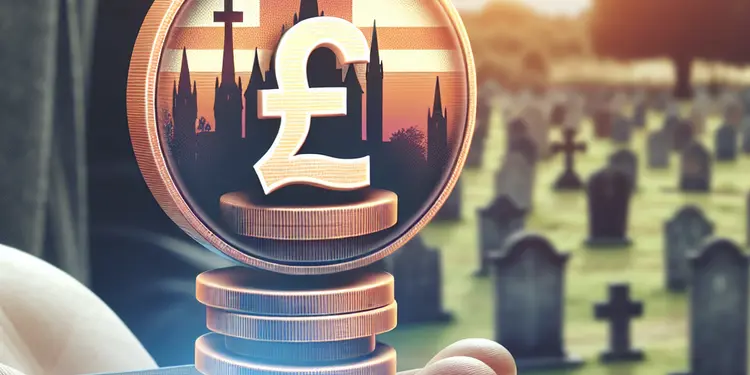
How much does a traditional ground burial cost in the UK?
Relevance: 44%
-

What financial help is available for funeral costs?
Relevance: 43%
-
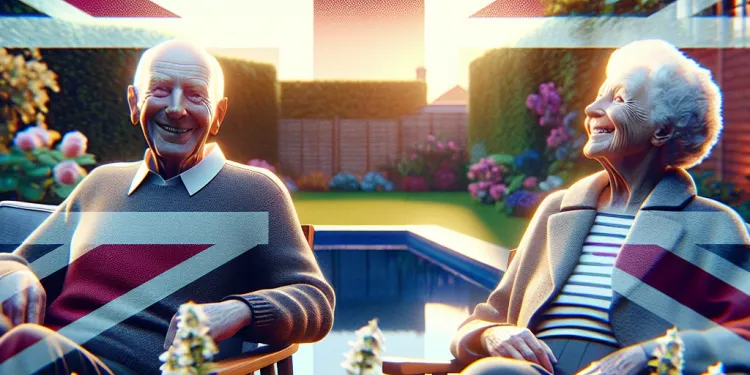
Does life insurance cover funeral costs?
Relevance: 35%
-
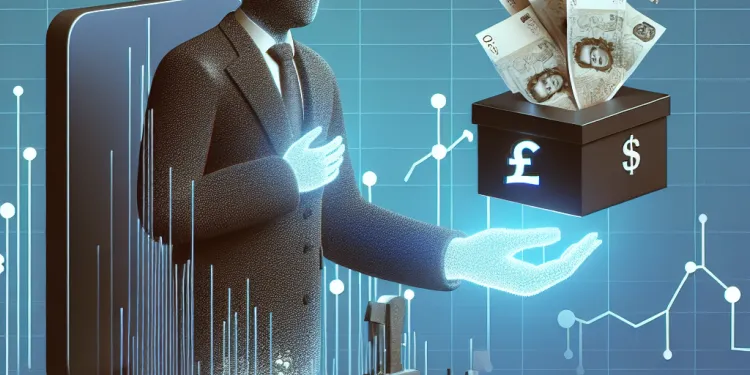
Are there any charities that can help with funeral costs?
Relevance: 35%
-
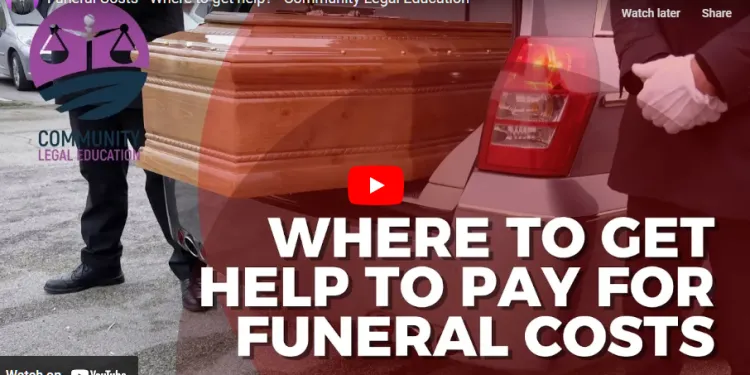
Funeral Costs - Where to get help? - Community Legal Education
Relevance: 35%
-

Can I apply for the Plug-in Car Grant directly?
Relevance: 35%
-
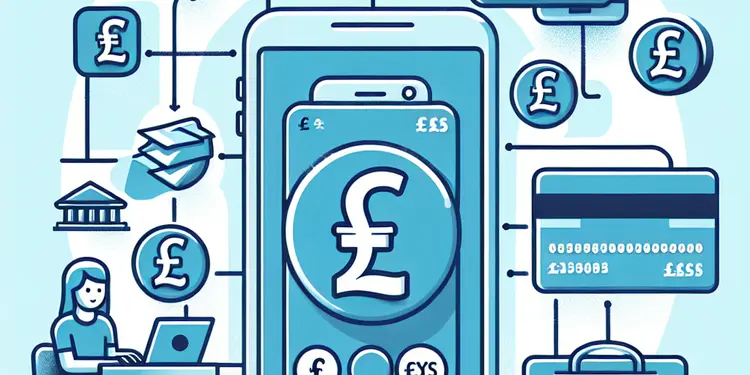
Will students receive the payment directly into their bank accounts?
Relevance: 34%
-
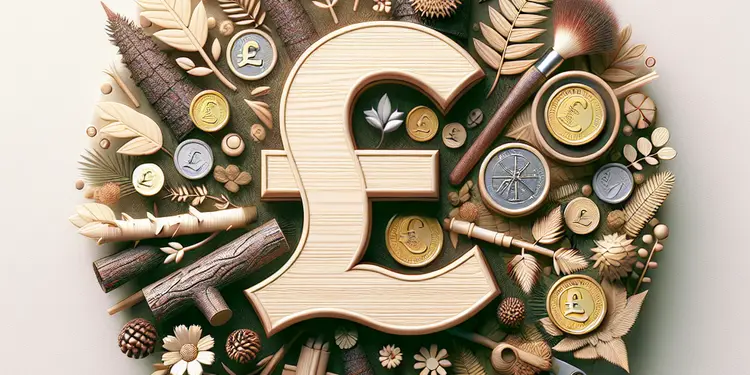
How much does a woodland burial cost?
Relevance: 34%
-

Can I negotiate a resolution directly with the dealer?
Relevance: 33%
-

Can I set up direct debits with Monzo or Revolut?
Relevance: 33%
-
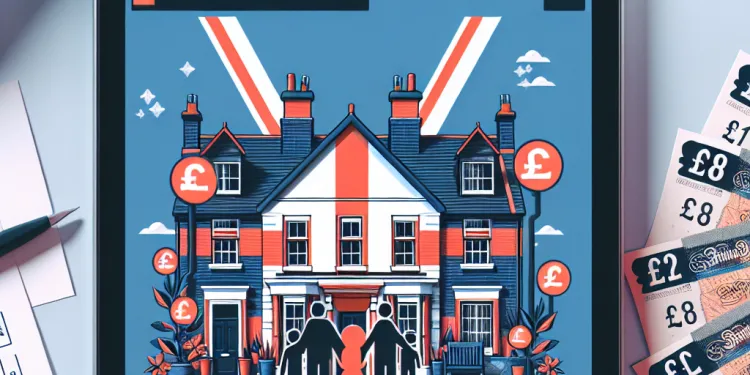
What qualifies as a direct descendant for RNRB purposes?
Relevance: 32%
-
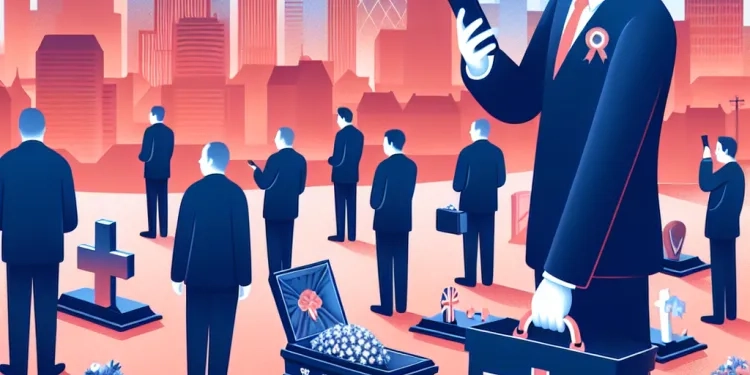
What are the different methods of burial available in the uk?
Relevance: 32%
-
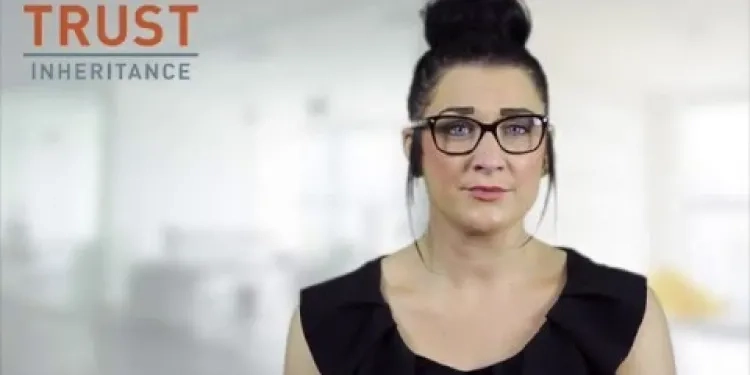
Planning for your funeral
Relevance: 32%
-

Can I get a loan to cover funeral costs?
Relevance: 31%
-

What are the different types of funerals available?
Relevance: 31%
-
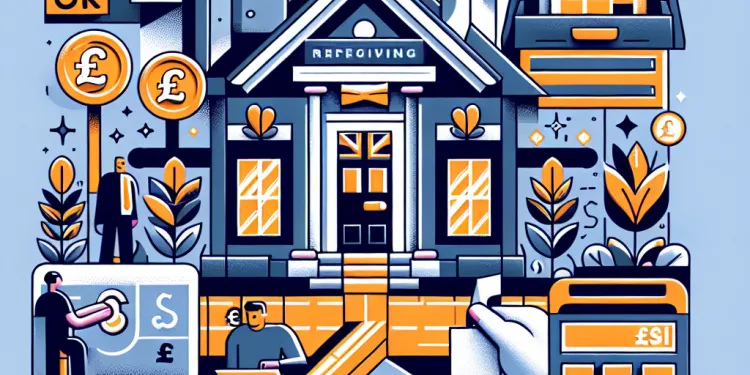
Can I receive my tax refund directly into my bank account?
Relevance: 31%
-

Can students receive the £500 cost of living payment?
Relevance: 30%
-
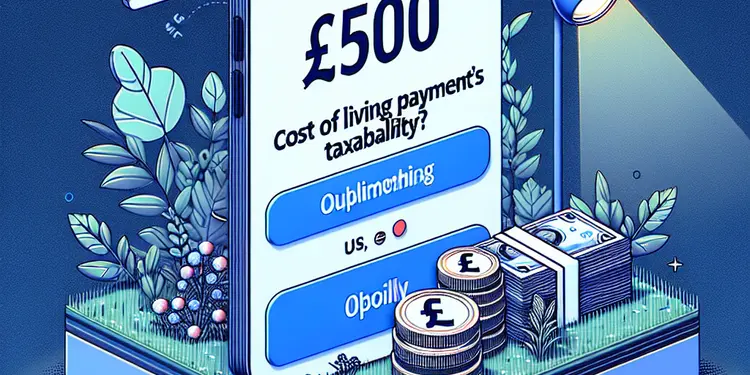
Is the £500 cost of living payment taxable?
Relevance: 29%
-

Can concussions occur without a direct blow to the head?
Relevance: 29%
-
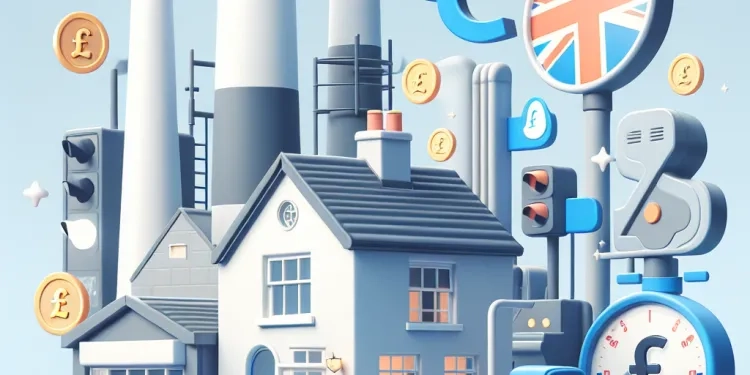
Does Ofgem handle compensation claims directly?
Relevance: 29%
-
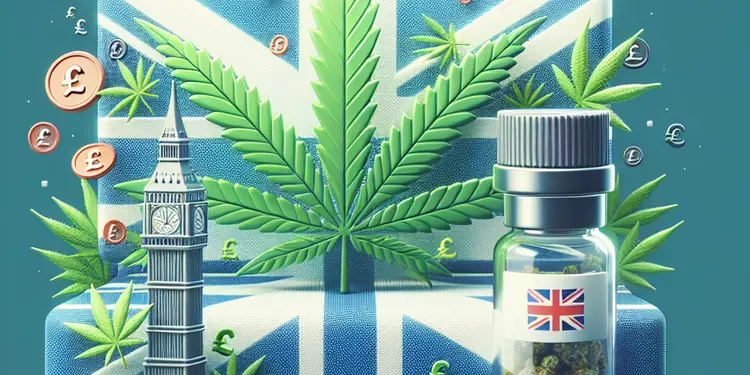
Can you ingest cannabis extract directly?
Relevance: 29%
-

How much does a TV license cost in the UK?
Relevance: 29%
-
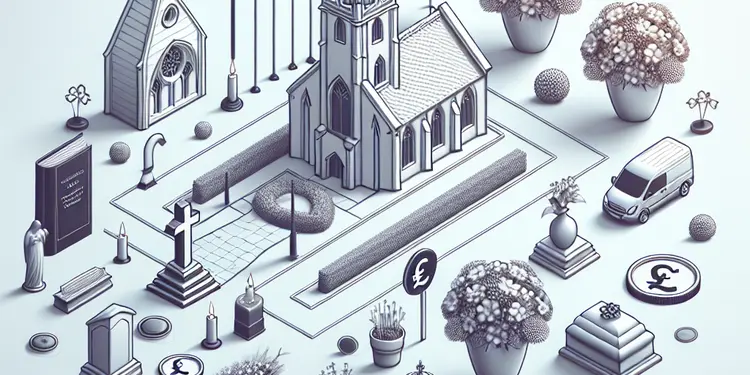
Can I arrange a funeral service myself without a funeral director?
Relevance: 29%
-
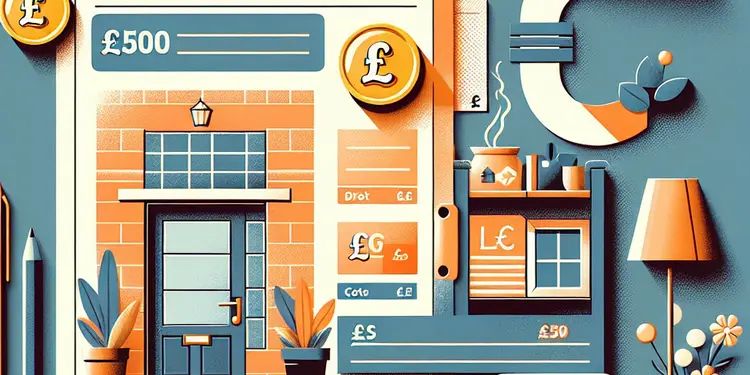
What is the £500 cost of living payment?
Relevance: 29%
-

When will I receive the £500 cost of living payment?
Relevance: 29%
Understanding Direct Cremation in the UK
Direct cremation is an increasingly popular choice for funerals in the United Kingdom. It is a straightforward, cost-effective cremation service without a formal funeral ceremony. This option allows families to celebrate their loved one’s life in a separate, personal manner, reflective of their wishes and beliefs.
What is Direct Cremation?
Direct cremation involves the collection of the deceased from the place of death, completion of necessary documentation, and cremation itself. It typically excludes viewings, visitations, and formal services, which are traditionally part of other funeral options. The ashes can be collected by family members later or scattered at a dedicated site. Direct cremation suits those preferring simplicity or whose religious or cultural practices do not require a traditional funeral service.
Cost of Direct Cremation in the UK
The cost of direct cremation in the UK varies depending on the provider and location but is generally much lower than that of traditional funerals. On average, direct cremation in the UK costs between £1,000 and £1,500. This fee usually includes the necessary paperwork, the provision of a basic coffin, and transport to the crematorium.
Additional costs may be incurred if the family desires extra services, such as a private family viewing, a memorial service at a separate date, or specific arrangements for the collection or transportation of ashes. It’s crucial for families to discuss the total cost upfront with their chosen service provider to ensure all their requirements are met without unexpected fees.
Understanding Direct Cremation in the UK
Direct cremation is a simple and cheaper way to handle funerals in the UK. This choice doesn't include a big funeral service. Families can remember their loved one in their own special way, whenever they want.
What is Direct Cremation?
Direct cremation means taking the person who has died from where they passed away, filling out needed forms, and then having the cremation. It usually does not include viewing the body or having a ceremony. Families can pick up the ashes later or spread them somewhere special. This is good for people who want a no-fuss funeral or whose beliefs don’t need a traditional service.
Cost of Direct Cremation in the UK
Direct cremation in the UK costs less than a traditional funeral. It usually costs between £1,000 and £1,500. This includes filling out forms, a simple coffin, and transport to the crematorium.
If you want extra services, like a private viewing or a service on a different day, it might cost more. It's important for families to talk to the cremation provider about all costs in advance. This way, they won’t have surprises or extra fees.
For help, you can use a calendar to plan or ask a good friend to come with you for support. Having someone to talk to can make things easier.
Frequently Asked Questions
What is direct cremation?
Direct cremation is a simple cremation process without a formal funeral service. The body is collected, cremated, and the ashes are returned to the family or scattered according to their wishes.
How much does direct cremation cost in the UK?
The cost of direct cremation in the UK typically ranges from £1,000 to £1,500, depending on the provider and any additional services requested.
Why choose direct cremation?
People may choose direct cremation for its simplicity, affordability, or because it allows for a separate, personalized memorial service at a later date.
Is a funeral service included with direct cremation?
No, direct cremation does not include a formal funeral service. It focuses solely on the cremation process.
Can family members attend the cremation?
Typically, direct cremation does not involve family attendance, but some providers may offer a brief opportunity to witness the start of the cremation.
What happens to the ashes after direct cremation?
After the cremation, the ashes can be returned to the family, buried, scattered, or kept in an urn, according to the family's wishes.
How do I arrange a direct cremation in the UK?
You can arrange a direct cremation by contacting a funeral director or direct cremation service provider, who will guide you through the necessary steps.
Are there any additional costs with direct cremation?
Basic direct cremation fees usually cover collection, care, cremation, and returning the ashes. Additional costs may include optional extras such as transportation of the ashes or upgraded urns.
Is direct cremation environmentally friendly?
Direct cremation can be considered environmentally friendly due to its reduced resource use, as it omits elements like an elaborate casket or embalming that are often part of traditional funerals.
Can I still have a memorial service with direct cremation?
Yes, families often choose to hold a separate memorial service or celebration of life at a later date that can be tailored to the deceased's preferences and family wishes.
What is included in a typical direct cremation package?
A typical package includes collection of the deceased, care and preparation of the body, a simple coffin, the cremation process, and returning the ashes to the family.
Are there any religious considerations with direct cremation?
Direct cremation may or may not align with religious beliefs, depending on the faith. It's important to consult with religious leaders if this is a concern.
What paperwork is required for direct cremation?
Paperwork typically includes a death certificate, cremation permit, and any necessary forms required by the crematorium and local authorities.
How soon after death can direct cremation occur?
Direct cremation usually occurs within a few days to a week after the death, pending completion of necessary paperwork and clearances.
Can direct cremation be pre-arranged?
Yes, direct cremation can be pre-arranged as part of a funeral plan, ensuring that wishes are documented and financial arrangements are in place.
What is direct cremation?
Direct cremation is when someone's body is taken straight to a place where it is turned into ashes. Family or friends do not say goodbye first. There is no special event or service before the cremation.
People might choose direct cremation because it can be cheaper. Families can still have a special event to remember their loved one later, in their own way.
If you find this hard to read, you can use helpful tools like a reading ruler or ask someone to read with you.
Direct cremation is a very simple way to handle the body of someone who has died. There is no big funeral event. The body is taken away, turned into ashes, and then the ashes are given back to the family. The family can keep the ashes or scatter them where they choose.
What is the cost of direct cremation in the UK?
Direct cremation means saying goodbye without a funeral service. It can cost less money.
In the UK, direct cremation can cost between £1,000 and £1,500.
If you need help with this, ask someone you trust to explain it to you.
A basic cremation in the UK usually costs between £1,000 and £1,500. This depends on who does it and any extra services you want.
Why choose direct cremation?
Direct cremation is a simple way to say goodbye. It means the body is turned to ash but with no big ceremony before. Here are some reasons people pick direct cremation:
- It costs less money than a big funeral.
- You can have a special goodbye at home or somewhere else later.
- No rush to plan everything quickly. You can take your time.
- It can feel less stressful than a big ceremony.
To help understand more, you can look up videos online or ask someone at a funeral home for more information. Talking to a friend or family member might also help.
People might pick direct cremation because it is simple and costs less money. It also lets them have a special memorial service later on if they want.
Does direct cremation include a funeral service?
No, direct cremation does not include a funeral service. It is a simple way to cremate someone without having a big ceremony. If you want to have a service, you will need to plan that separately.
Using pictures or a calendar might help you plan better. Ask a family member or friend for help if you need it.
No, direct cremation does not have a big funeral service. It is just about cremating the body.
Can family join the cremation?
Yes, family can come to the cremation.
You can use pictures or symbols to help understand what happens at a cremation.
Ask someone you trust if you need help.
Usually, family members do not come to a direct cremation. But sometimes, you can watch the beginning of the cremation for a short time. You can ask the people who organize it if this is possible. If you have trouble reading, it helps to use a ruler or your finger to follow the words. You can also try reading out loud or asking someone to help you with difficult words.
What happens to the ashes after simple cremation?
After someone is cremated, the ashes can go back to the family. The family can choose to bury the ashes, scatter them, or keep them in a special pot called an urn.
How do I set up a simple cremation in the UK?
Do you need help with arranging a simple cremation? Here’s what you can do:
- Find a funeral director who offers simple cremation services. You can call or look online.
- Ask the funeral director about the cost and what is included.
- Give the details of the person who has passed away to the funeral director.
- Choose a date for the cremation.
- Decide if you want to have a small gathering or no ceremony at all.
Tools to help:
- Ask a friend or family member to help with calls and planning.
- Use a checklist to make sure you don’t forget anything.
You can set up a simple cremation by talking to a funeral helper or a special service. They will help you with what you need to do next.
Are there any extra costs with direct cremation?
When someone chooses a simple cremation, the costs usually include picking up the person, taking care of them, the cremation itself, and giving the ashes back to the family. Sometimes you might pay more if you want extra things like bringing the ashes to a certain place or getting a special urn to keep them in.
Is direct cremation good for the environment?
A direct cremation is better for the Earth. It doesn't use as many things. There's no fancy box, and there's no special liquid to keep the body. These things are often used in regular funerals.
Can I have a special service if I choose direct cremation?
Yes, you can. A special service is a time to remember and say goodbye to someone who has died. Even if you choose direct cremation, you can still have a special service.
Here are some ideas that might help:
- Have a gathering with family and friends to share memories.
- Look at pictures or videos of the person who has died.
- You can sing songs or listen to their favorite music.
- Read poems or stories that remind you of them.
- You can plant a tree or flowers in their memory.
- Light candles to remember them.
Remember, the most important thing is to do what feels right for you and your loved ones.
Yes, families sometimes have another special service or a "celebration of life" for a loved one who has died. They can do this at a later time and make it how they want.
What is in a direct cremation package?
A direct cremation package is a service when someone dies.
Here is what it usually includes:
- Transporting the person who died.
- Cremating the person who died.
- Returning ashes to the family.
Using pictures or symbols can help understand this process better. You can also ask someone to explain if you have questions.
The package includes picking up the person who has died, taking care of their body, a plain box, the burning process, and giving the ashes back to the family.
Do religions have any thoughts about direct cremation?
Direct cremation might or might not fit with your religion. It depends on what your religion says. If you are worried about this, talk to a religious leader for advice.
What papers do you need for direct cremation?
When someone dies, you might choose direct cremation. This means no funeral service. To do this, you need some important papers.
Here are the papers you need:
- Death Certificate: This paper says the person has died. You can get it from the hospital or doctor.
- Application Form: This paper tells the crematorium about your plan. You will fill this out with your details.
- Permission Form: This paper lets the crematorium know you agree to the cremation.
If you need help, ask a family member or a friend. You can also use a calendar or reminder app to keep track of the papers you have and what you still need to get.
Documents usually include a paper that says someone has died, a paper that allows the body to be burned, and other forms needed by the crematorium and local government.
When can a cremation happen after someone dies?
A cremation can happen soon after a person dies. It usually takes a few days.
Here are some steps to help you understand:
- First, a doctor must say the person has died. This is called a ‘death certificate’.
- Then, the family decides if they want cremation.
- Next, some paperwork needs to be done to get permission.
- After the paperwork, the cremation can take place.
If you need help:
- You can ask a family member or friend to explain.
- You can use pictures or videos that show how cremation works.
- Look for easy-to-read guides or ask a helper to read with you.
Direct cremation happens a few days to a week after someone dies. This can take time because there are papers to fill out and things to check first.
Can you set up a direct cremation before it happens?
Yes, you can plan a direct cremation in advance. This way, your wishes are written down, and the money is taken care of.
Useful Links
This website offers general information and is not a substitute for professional advice.
Always seek guidance from qualified professionals.
If you have any medical concerns or need urgent help, contact a healthcare professional or emergency services immediately.
Some of this content was generated with AI assistance. We’ve done our best to keep it accurate, helpful, and human-friendly.
- Ergsy carfully checks the information in the videos we provide here.
- Videos shown by Youtube after a video has completed, have NOT been reviewed by ERGSY.
- To view, click the arrow in centre of video.
- Most of the videos you find here will have subtitles and/or closed captions available.
- You may need to turn these on, and choose your preferred language.
- Go to the video you'd like to watch.
- If closed captions (CC) are available, settings will be visible on the bottom right of the video player.
- To turn on Captions, click settings .
- To turn off Captions, click settings again.
More Items From Ergsy search
-

What is direct cremation and how much does it cost in the UK?
Relevance: 100%
-

What is cremation?
Relevance: 68%
-

Is cremation more affordable than burial in the UK?
Relevance: 62%
-

Cremation and Ash Interment
Relevance: 55%
-

What are the environmental impacts of cremation?
Relevance: 53%
-

How much does a funeral typically cost in the UK?
Relevance: 53%
-

Do all religions allow cremation?
Relevance: 52%
-

How long does the cremation process take?
Relevance: 51%
-

What support is available for funeral costs in the UK?
Relevance: 50%
-

What is the average cost of a funeral in the UK?
Relevance: 49%
-

How soon after the funeral can the cremation take place?
Relevance: 49%
-

What costs are usually associated with a funeral?
Relevance: 49%
-

Can you personalise a cremation urn?
Relevance: 47%
-

What should be done with remaining jewellery during cremation?
Relevance: 46%
-

Can cremation ashes be divided among family members?
Relevance: 45%
-

How much does a traditional ground burial cost in the UK?
Relevance: 44%
-

What financial help is available for funeral costs?
Relevance: 43%
-

Does life insurance cover funeral costs?
Relevance: 35%
-

Are there any charities that can help with funeral costs?
Relevance: 35%
-

Funeral Costs - Where to get help? - Community Legal Education
Relevance: 35%
-

Can I apply for the Plug-in Car Grant directly?
Relevance: 35%
-

Will students receive the payment directly into their bank accounts?
Relevance: 34%
-

How much does a woodland burial cost?
Relevance: 34%
-

Can I negotiate a resolution directly with the dealer?
Relevance: 33%
-

Can I set up direct debits with Monzo or Revolut?
Relevance: 33%
-

What qualifies as a direct descendant for RNRB purposes?
Relevance: 32%
-

What are the different methods of burial available in the uk?
Relevance: 32%
-

Planning for your funeral
Relevance: 32%
-

Can I get a loan to cover funeral costs?
Relevance: 31%
-

What are the different types of funerals available?
Relevance: 31%
-

Can I receive my tax refund directly into my bank account?
Relevance: 31%
-

Can students receive the £500 cost of living payment?
Relevance: 30%
-

Is the £500 cost of living payment taxable?
Relevance: 29%
-

Can concussions occur without a direct blow to the head?
Relevance: 29%
-

Does Ofgem handle compensation claims directly?
Relevance: 29%
-

Can you ingest cannabis extract directly?
Relevance: 29%
-

How much does a TV license cost in the UK?
Relevance: 29%
-

Can I arrange a funeral service myself without a funeral director?
Relevance: 29%
-

What is the £500 cost of living payment?
Relevance: 29%
-

When will I receive the £500 cost of living payment?
Relevance: 29%


